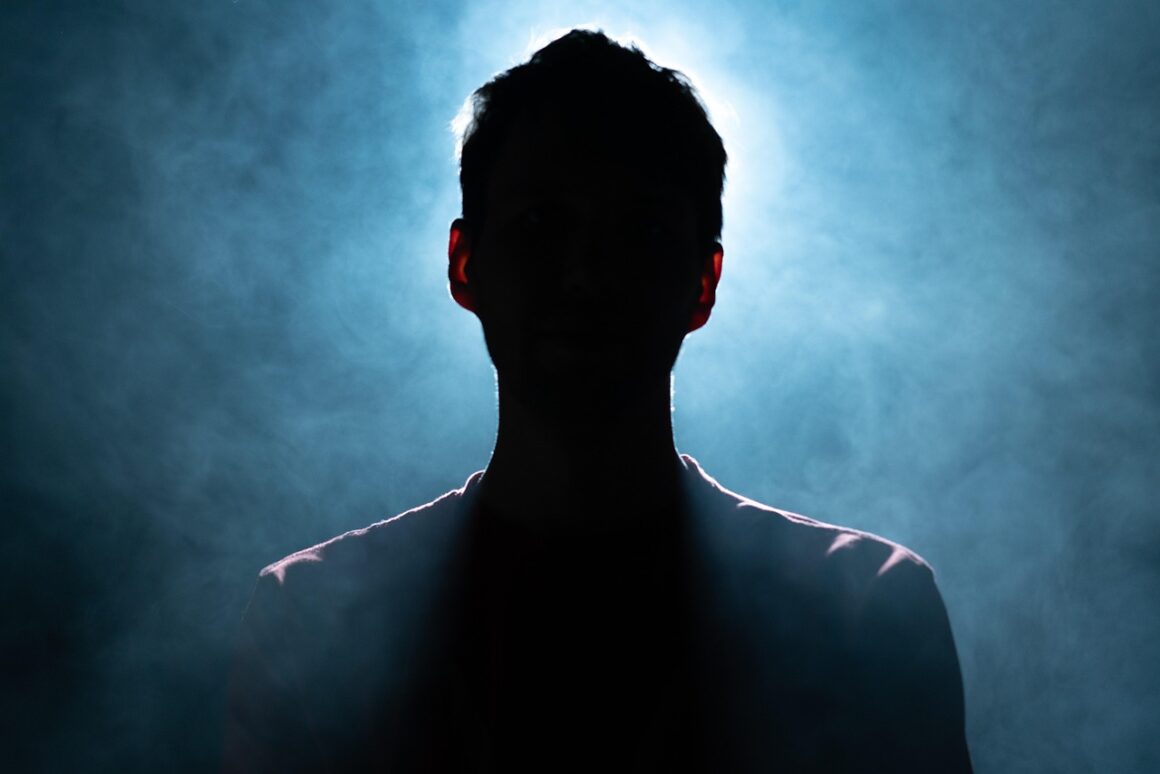Have you ever wondered how many times it is possible to fall in and out of love? Are there rules? Rules we aren’t following that allow us to never fall out of love again? Maybe we’re just unlucky or born to live lonely lives with three cats in a two bedroom home for one. The funny thing is that there are no rules. No guidelines, or warnings telling us which way to go, or what to do to turn out unharmed once we reach the end of the road. It all seems so simple, and the game seems so easy to play, but we somehow always end up shedding a tear or two. Why have we become so addicted to hopeless back and forth’s? Why do we keep dating the wrong people?
The answer to such a complicated question may all have to do with science. As specified by Helen Fisher, a human behavior researcher, anthropologist, and author of Why We Love, says it all comes down to neurological responses in the brain. “The reason romantic rejection gets us hooked is that this sort of rejection stimulates parts of the brain associated with motivation, reward, addiction, and cravings,” says Berit Brogaard during an analysis of Fisher’s research.
To come to this conclusion, Fisher and her team looked at the brains of 15 college-age men and women who had been recently rejected by a romantic partner but still claimed to be in love. During Fisher’s research published in the American Physiological Society Journal of Neurophysiology, her team found that the area responsible for motivation, reward, craving, addiction, physical pain, and distress were all active in the brains of participants who viewed photos of the ones who had rejected them. In the other hand, participants who viewed photos of a neutral person had less activity in those same regions. Once we’re rejected by the ones we love, the same parts of our brain while on the drug benzoylmethylecgonine, (in other words cocaine), are being stimulated. Strictly speaking, the emotion felt by being rejected is neurologically similar to the one that comes with drug addiction. But instead of cocaine, it’s an emotionally unavailable dumbo. So much for being in love, right?
When we’re in love, small actions of kindness are particularly high in our neurological reward system, slowly turning us into addicts.
“Another aspect of this anguish may have to do with the perceived value of the other person. If the other person doesn’t want us or is not available for a relationship, their perceived value goes up,” writes Brogaard for Psychology Today.
At the end of the day, we’re all humans looking for little things that make us feel like we’re living–not just simply existing. We become addicted to things that enhance our way of being, even if we become broken and bruised over, and over again. Our brains are programmed to love the ones who can’t love us back, and we simply have no control over how many times it may happen. All we can do is buckle up and sit steady with a box of band-aids ready to patch up any damage. The only thing we happen to have control over is the ability to walk away and know when it’s the right time to put ourselves first over anyone else. So if you’re wondering why you keep dating the wrong kind of people, you’ll just have your brain to blame for this one.




